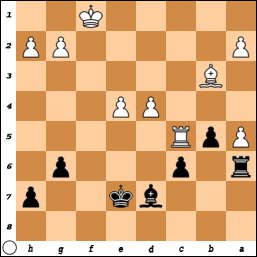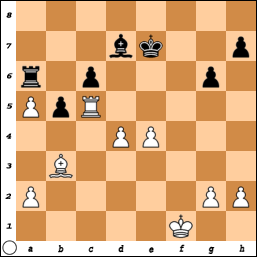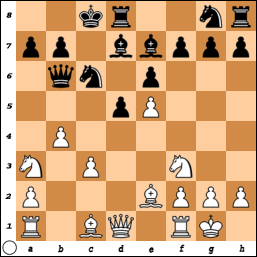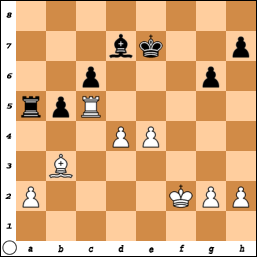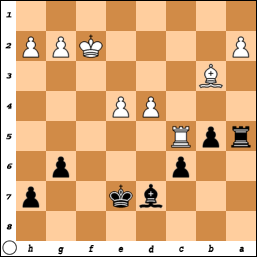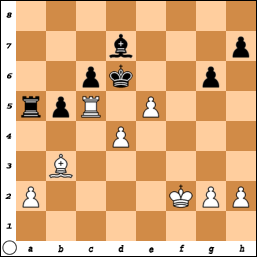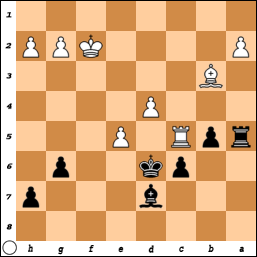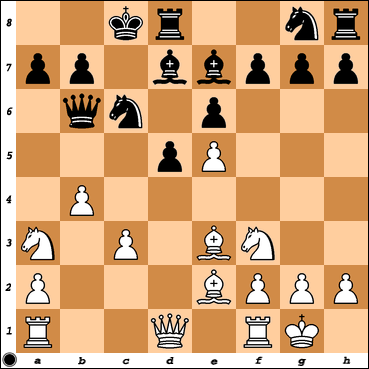Download a program that's actually supposed to beat humans, as opposed to a phone app. For example, try Deep Fritz. My challenge still stands; if you beat a top computer program even once, I'll give you $500. You have the rest of your life to try.

That's a respectable offer. How will I prove it to you if I do?
So here's the argument about a universe that is essentially infinite as opposed to the concept about a universe that is finite. What is the best approach to take in understanding what's out there, to start out with a few facts and some limited tools of logic, or look for a theory of everything. . . . in either case we poor humans will need to be moving our discussion along past some things we used to believe. . . .
A chess game is probably not an infinite universe, and all the possibilities could probably be numbered and stored in a data center somewhere, and we could just have fun announcing our choice of known outcomes I suppose.
But humans do have a choice every step of the way. Do we have an actual mathematical result specifying the total number of possible games that could be played out?
In a game like a coin toss with two outcomes possible for each "move", a sequence of ten moves will generate up to 1024 specific results, twenty moves will generate more than a million. A chess game of fewer than twenty moves is probable only if there is an unequal skill match. For folks like me and OB, we could probably average thirty moves each in our games. Really good players know how to achieve the mate efficiently. . . . but given all the matches ever done, with millions of humans versus humans, or computers, I think we have probably logged ten to twenty billion different or unique "games", out of . . . . . including those with absolutely no reason for moves. . . . . maybe a hundred billion.
Two super computers using the very best programs would conceivably play only one game, and keep playing it over and over again, and it would always be won by white.
So tell you what, I'll watch that game a few times, study it out, and determine what the basis for each move is in some programming hierarchy, and analyze that set of concepts, and see if I can figure out a way to "trick" it in a way that will give me a chance to win.
I have a cousin who, it is rumored, studied math, and became a notorious card counter who could beat the casino all too frequently. On the other hand, I have a sister in law, a Chinese cultural product though she is an American citizen now, who loves to gamble. She walks into the casino with some kind of mystical aura or feeling, and unconsciously goes around winning at everything. My brother used to think it was going to be the ruin of his budget and his finances. . . . . a statistical oddity perhaps, bound eventually to prove the odds do rule. Well, I can't prove she really wins at the casino, because she earns a lot of money and nobody really knows.
I do know that in chess there are times when an unorthodox player can invite in a perfectly logical attack sequence and draw the opponent out to some vulnerability to counterattack. This means that any computer program can be beat as well. There is no "perfect game" nor any "perfect chess program". This is my statement that even a simple chess board is in fact an infinite universe.
Like I said before, I have a business and I can hardly afford to spend a day on $500, and my wife has some expectations that are just. But as a game, I will enjoy playing chess because of its value in teaching logic and consequences of choice, and planning. My girls are not really all that interested in it, as somehow they have other interests in life.
I will accept the possibility that you are ultimately going to be vindicated, but I think you will see some better chess programs developed that can beat your "Deep Fritz" as well, which is tantamount to my claim that a human can do it. . . . hey we write those programs, don't we?
For me, this is the most fun I know of. . . . . chess takes second seat only to philosophical meanderings through the universe of possible universes. . . .
